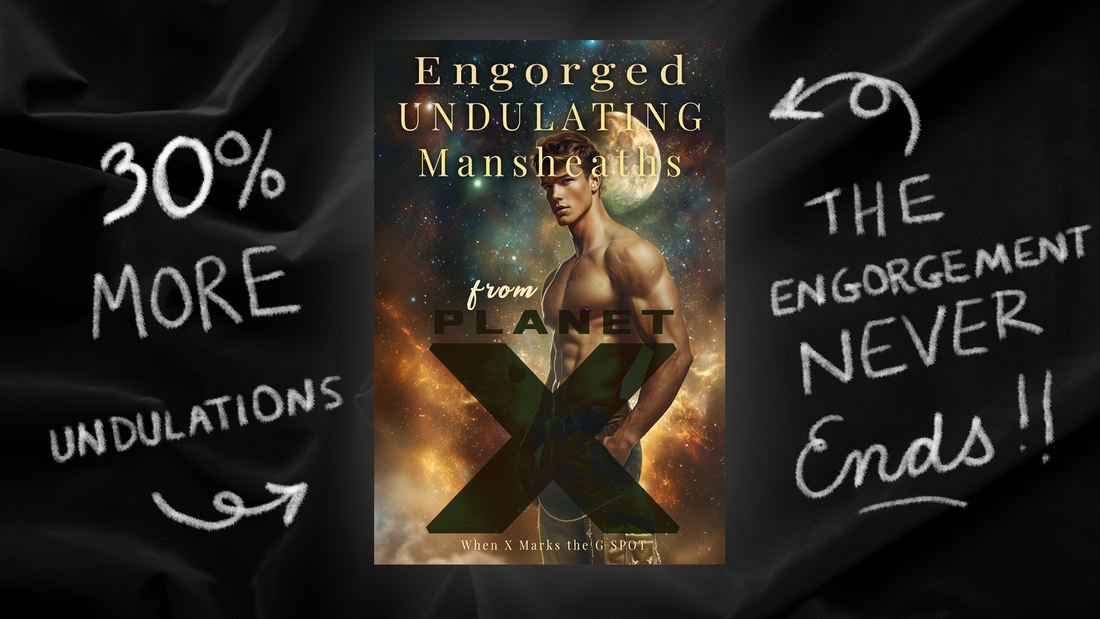
Just a quick update on my self-publishing process. Over the past decade, I’ve spent more time learning web design, formatting EPUB files, and resisting the realities of marketing my own work than I spent writing. I've been entirely committed to self-publishing and it's not been an easy road. I have to twist arms to find readers for the science fiction novellas. People jumped on my YA Fantasy book, but mostly when it was free.
I have to be honest—I don’t trust the publishing industry. Once I decided to self-publish, I never queried a single piece anywhere. I knew they select books more on trends than raw talent. I just didn't think it would be so hard to stay committed to the process. I have redesigned my blog a million times. I finish that. But, I have multiple unfinished books and a dozen more ideas for fantastic stories if only I wasn't busy learning code or chatting about writing instead of writing.
Sorry, it's Not a Real Book
Amazon doesn't help. My novellas on colonization in the science fiction genre are sold in a category dominated by a series that will remain nameless. The gist of this unnamable series is that men with washboard abs from Saturn make good cold-skinned lovers, and you can have cold-skinned babies with them. Don’t get me wrong—I respect romance novelists and their ability to take over any subgenre. It just makes it harder to find a market for hard science fiction, as if that were ever going to be easy.
I should probably give in and write Engorged Undulating Mansheaths from PLANET X since I made the cover for this post.
As a science fiction reader, I can't even find the independent authors who write what I want to read. Except DN Schmitt. I found his work recently, it gave me Firefly vibes, and met a need I didn't know my geeky little heart had.
I realize this must be a universal conundrum for science fiction readers today. The indie work is buried under the mainstream and the mainstream is buried under the AI word vomit.
So, as self-published writers, why do I keep doing it? It’s not for the money.
It's for the same reason we first started writing. It's fun. I’m fascinated by certain topics and literature remains the best way to explore them. As I project the narrative of what a plasmoid life form would be like living in the caves of New Zealand, I answer the questions I have about mentalism and what it would mean if our minds operated in a different dimension only tethered to our material bodies. When I start a story in Mesopotamia, where ancient aliens have humans as pets, I have an excuse to research Sumerian culture, among the earliest recorded in the written word. Their gods wore a fabric called melam that made human skin tingle in proximity. They shared civilization-changing advances called MEs with humanity. Just the aesthetics of mud bricks with their chimera gods carved in relief is captivating. I'm looking for an intellectual connection with people. Other writers are looking for their tribe and want to grow or laugh. I can be that person, too.
But, as a self-published author, I have to ask myself if I should have just focused on the writing and aimed to be traditionally published. I’ve barely sold 2,000 books, and most of those have been free. Writing on niche topics doesn’t mean you don’t want to be read, but it does mean the reason you write is tied to a very specific interest.
I’ve never had any delusions about being a great writer. Language is not my strongest skill—English was my least favorite class. I liked math and science. When I picked up a laptop and decided to write for fun with friends at the library where I worked many years ago, science fiction is what came out.
But, I confess, I enjoy building websites, guest posting, SEO-ing my content, and trying to engage people on social media. Every reader is a victory over my doubts and fears about sharing my creations because I reached out.
